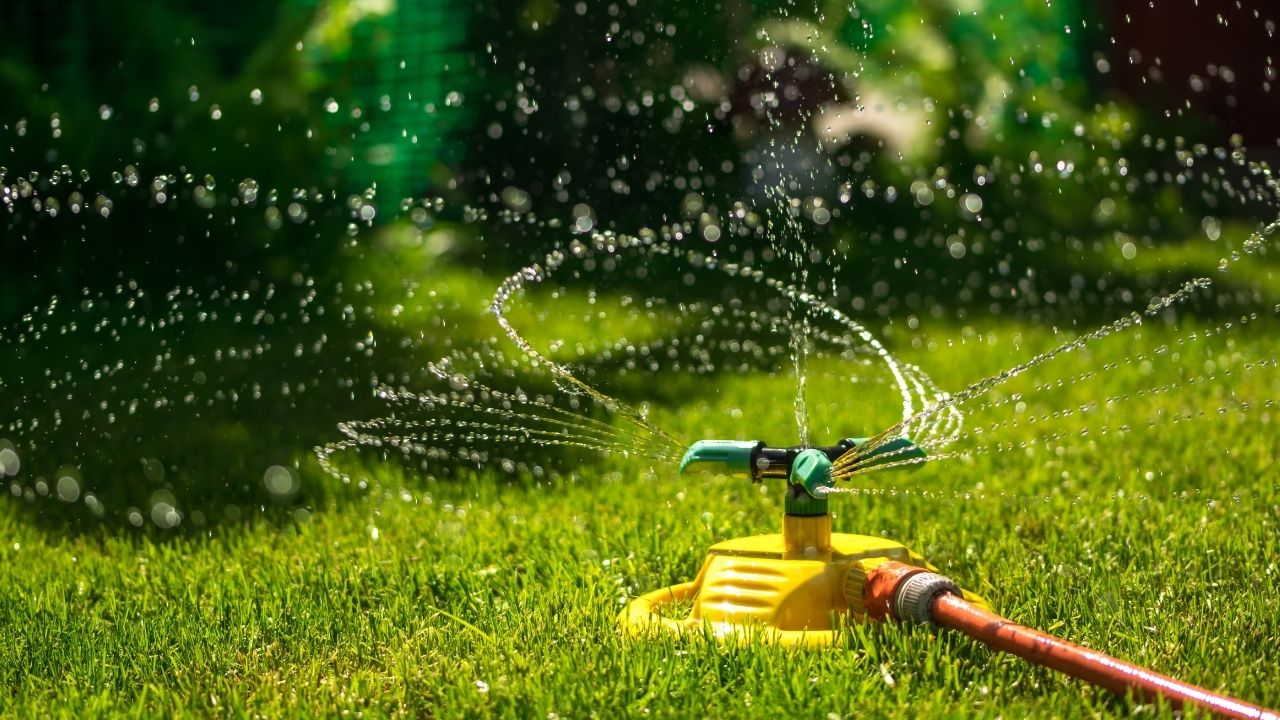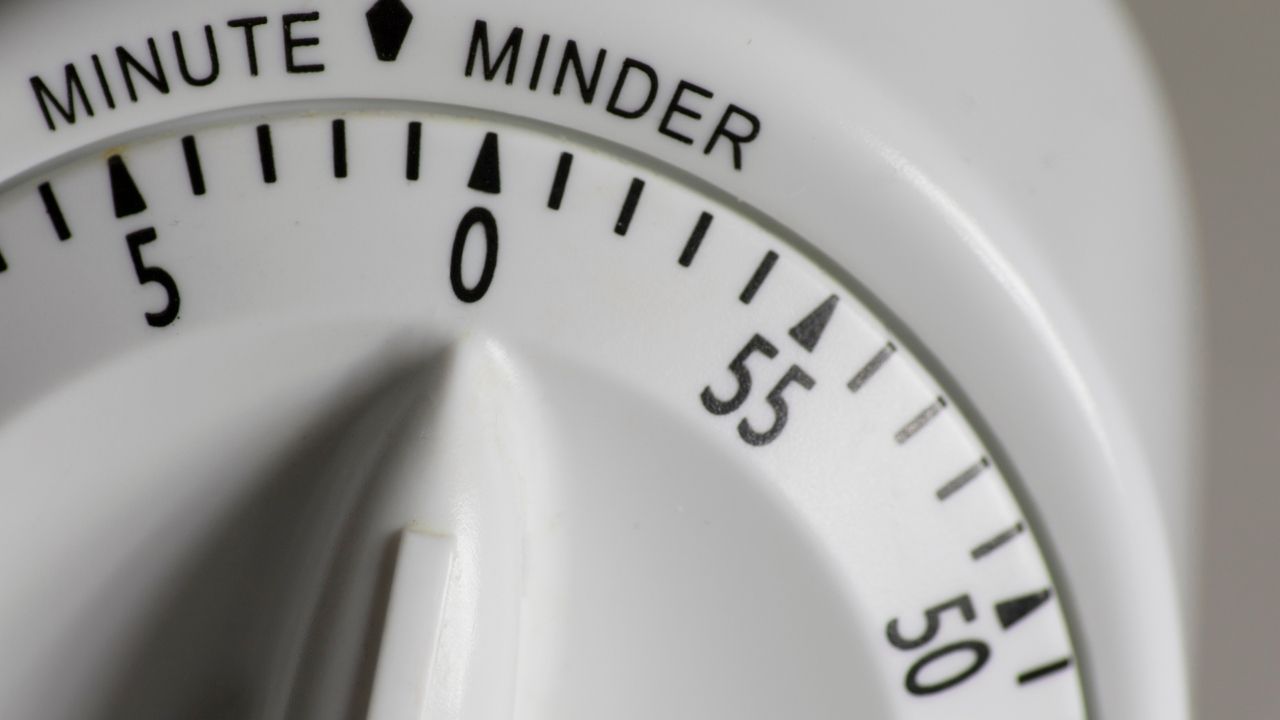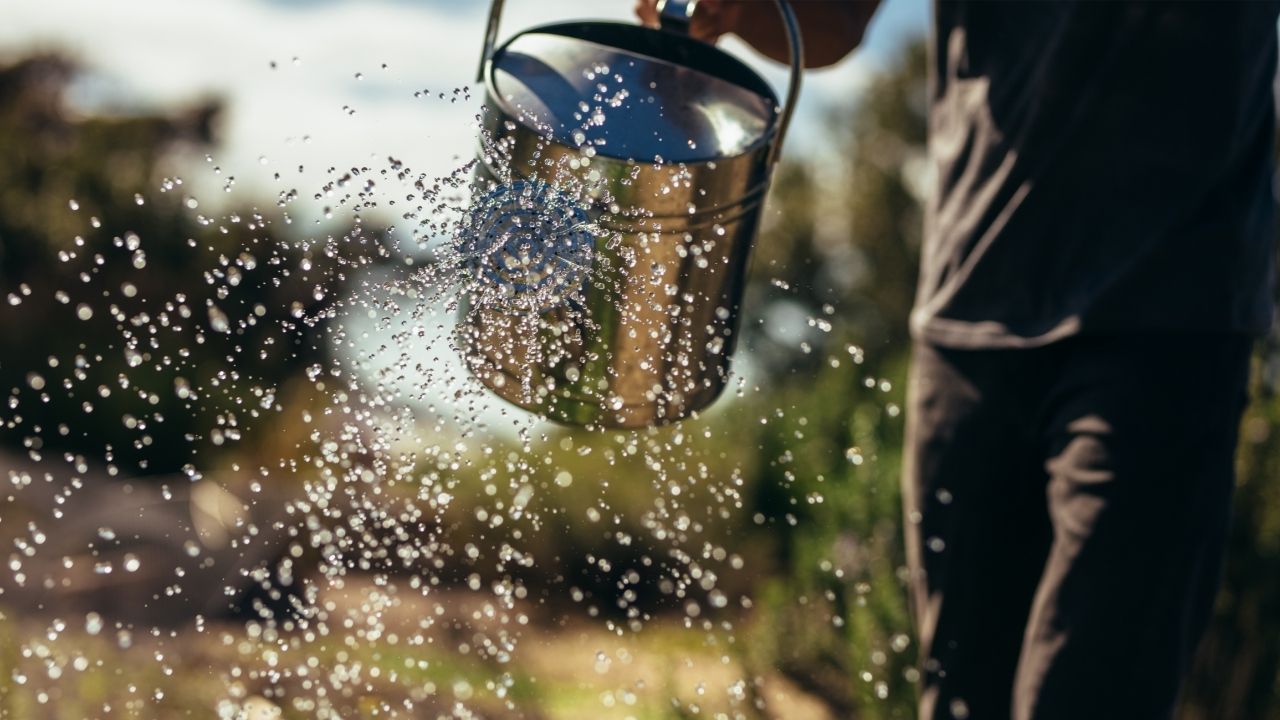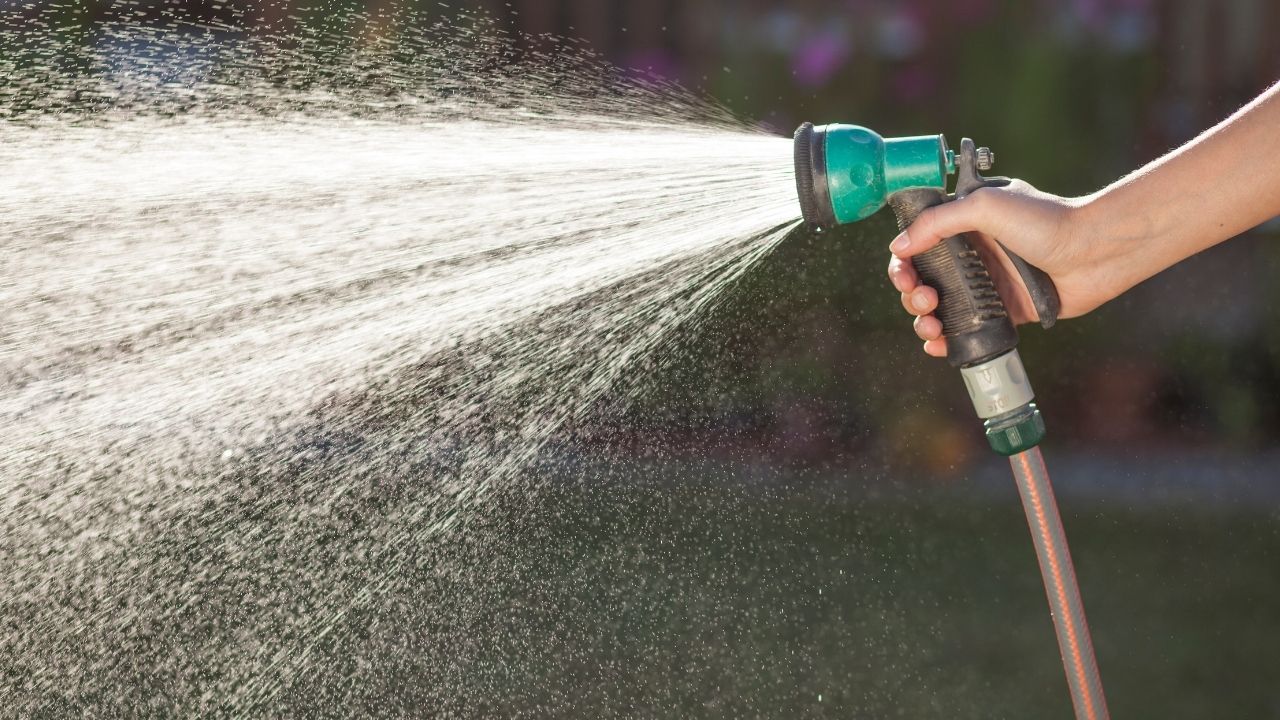Watering is an essential maintenance task you should perform to keep your lawn healthy and green. Although, if you ever wonder how often should you water your lawn to maintain its lusciousness, keep reading this blog to learn important aspects that you need to know.
Following, you will find a few methods to learn the different techniques to calculate the amount of time you should water your lawn.
How Often Should You Water Your Lawn? Learn the Proper Way to Water the Lawn

Watering your lawn isn’t as uncomplicated as turning on an irrigation or sprinkler system. If you overwater the yard, it will fall victim to disease or rot. On the other hand, not irrigating your lawn often will turn it patchy and dry.
You will think that if you don’t water your lawn, the lawn will die. However, the grass is strong and can survive some days without irrigation; also, your grass can fade, but with special care, it will turn green again. We know that it isn’t the point, but both sides have pros and cons.
There are some important points to take into consideration. For instance, the time of day. It’s crucial to water the lawn at specific hours during the day. Due to the damage that we can cause to our grass with the sun, the weather, and other external conditions, we have to be cautious with that.
Our professionals recommend watering the lawn in the morning between 6 and 10:00 a.m, and in the evening between 4 and 6:00 p.m, in these hours your lawn gets better absorbing water. Nevertheless, remember that 2 times per week is enough.
How Often Should You Water Your Lawn? Amount per Week
As we mentioned before, the recommendation is to water your lawn one or two times during the week. You must give the grass 1 to 1.5 inches per week. Therefore, you don’t need to water your lawn daily as far as your professionals tell you that is the best option due to the weather of your city.
How Long Should I Water my Lawn?
One of the common questions of our clients is how long should they water the lawn, well for this question is really important to know the situation that your lawn has. For example, it’s important to know the square footage of your lawn.
Also, if you have a system of irrigation you have to know how many gallons of water per minute it waters. With those pieces of information, you can calculate the time that your grass needs to be healthy.
An important mention is that professionals recommended on some occasions that you can divide the amount of water that your lawn needs per week, and divide it until 3 in order that you water 3 per week your grass to avoid overwatering.
Methods for Finding the Right Amount of Time to Water

Control the Soil
You can start using the stopwatch when you begin to water the grass, set the time, and use a tool like a screwdriver in your process of watering to check how deep is the water when it marks 6 inches of wet soil is time that you need to finish water your lawn and stop the chronometer. In this order, you can use the same amount of time for your next watering.
Use Tuna Cans
You can use tuna cans for this test. They are 1 inch tall and work wonders with this method. To try it out, set the can in an area where your sprinklers hit and turn them on. Check how long the can takes to get a half-inch of water and use it to find out how much time you need to water the lawn.
Check the Flow Timer
Get a timer that measures flow in gallons. Next, you need to multiply your lawn square footage by 0.62 gallons, and the result will be the amount of water your lawn needs.
How Often Should You Water Your Lawn? Warm-Season Grass and Cool-Season Grass
Here we have another essential point, you now know that there are different conditions which have an influence on how often you should water your lawn; for instance, the weather, the soil, systems of irrigation, etc. In addition, there are different types of grass
Warm-Season Grass
It’s a good option due to the fact that they need low requirements of water. This type of grass grows in summer. Some of the popular warm-season grasses are Centipede Grass, Bermudagrass, Zoysia Grass.
Cool-Season Grass
This type of grass grows in spring and fall. Sometimes, this type of grass requires extra water in the summer. Some of the popular warm-season grasses are Kentucky bluegrass and tall fescue. Remember that you can contact us for the best choice for you.
Benefits of an Accurately Maintained Lawn

There are many benefits of a well-maintained lawn, we can say that you’ll have not only the advantage to save money but also personal satisfaction.
When you give your lawn the care it deserves, you increase the curb appeal of your property. Additionally, when your lawn is watered correctly, it helps prevent soil erosion and flood control. It also helps with heat dissipation and improves the ground quality.
Personal Satisfaction due to a Proper Maintenance of Lawn

If you have a well-maintained lawn, you will feel relaxed because you won’t suffer thinking about it. You can find that your lawn is of good quality to your yard due to the aspect that it offers to your space. Furthermore, you’ll have a green space in which you can spend quality time with your family and friends.
If you’d like to know precisely how often should you water your lawn, set an appointment with our team.
We will help you to get a beautiful and healthy lawn with fabulous pieces of advice from our Seattle lawn and garden experts. Call us now to know more about our services.



